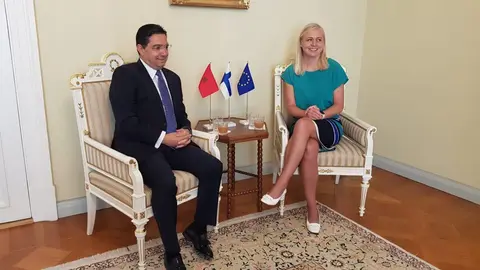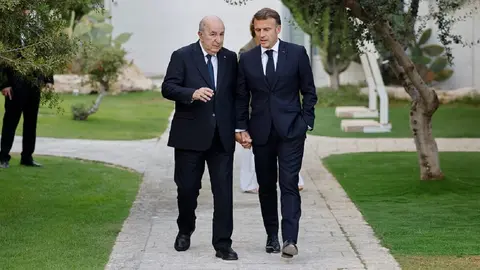Nasser Bourita: who is the second archetype of Morocco's formal diplomacy?
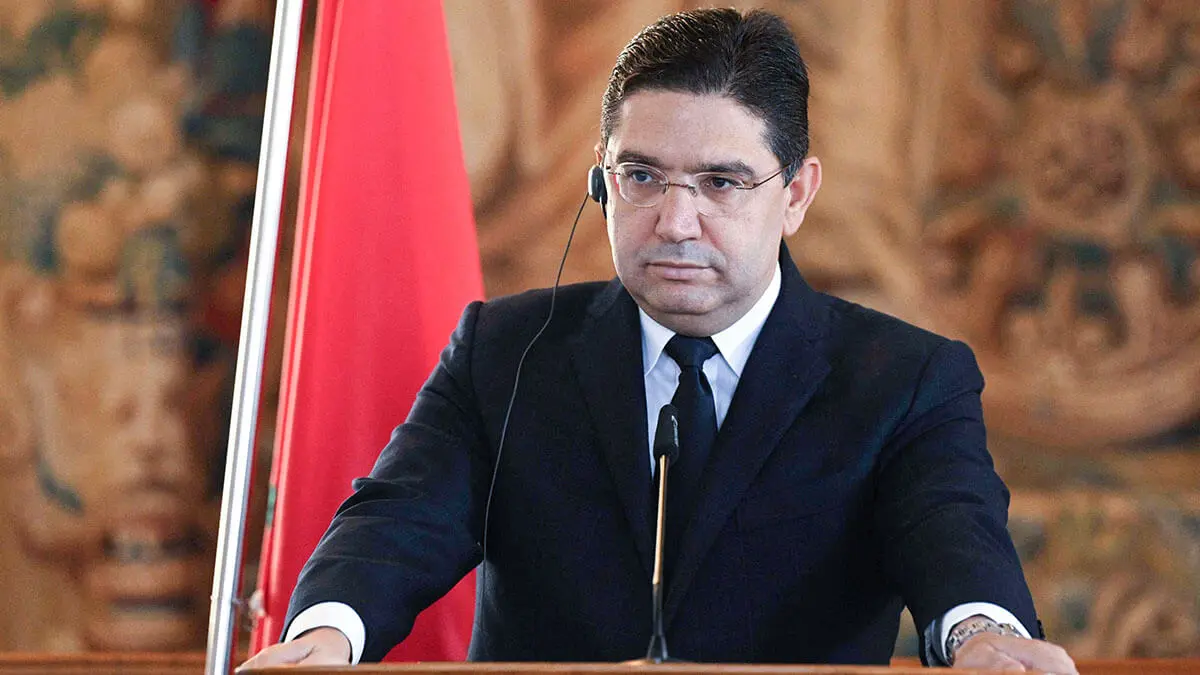
- Bourita: the hard-working diplomat of the Foreign Service
- Diplomatic method by objectives based on real vision
- The new generation of competence and meritocracy
- Bourita's cumulative achievements since his appointment
Led by King Mohammed VI himself, Moroccan diplomacy, which is the country's first official image abroad, seeks to maintain fruitful and cooperative relations with Morocco's various strategic partners in Europe, Africa, Asia and the two Americas.
This is exactly the mission that Nasser Bourita assumes in pursuit of maintaining peace, stability and achieving prosperity and sustainable development for his homeland, its neighbours and the international space in general. Here, the diplomatic market is a key sector for Morocco as a country with great international ambitions.
In charge of a proactive and rationally conceived formal diplomacy, Bourita defends and negotiates the Kingdom's number one cause: the integrity of the national territory by garnering more support for the autonomy plan under Moroccan sovereignty proposed by Morocco as a lasting and peaceful solution to the Western Sahara dispute.
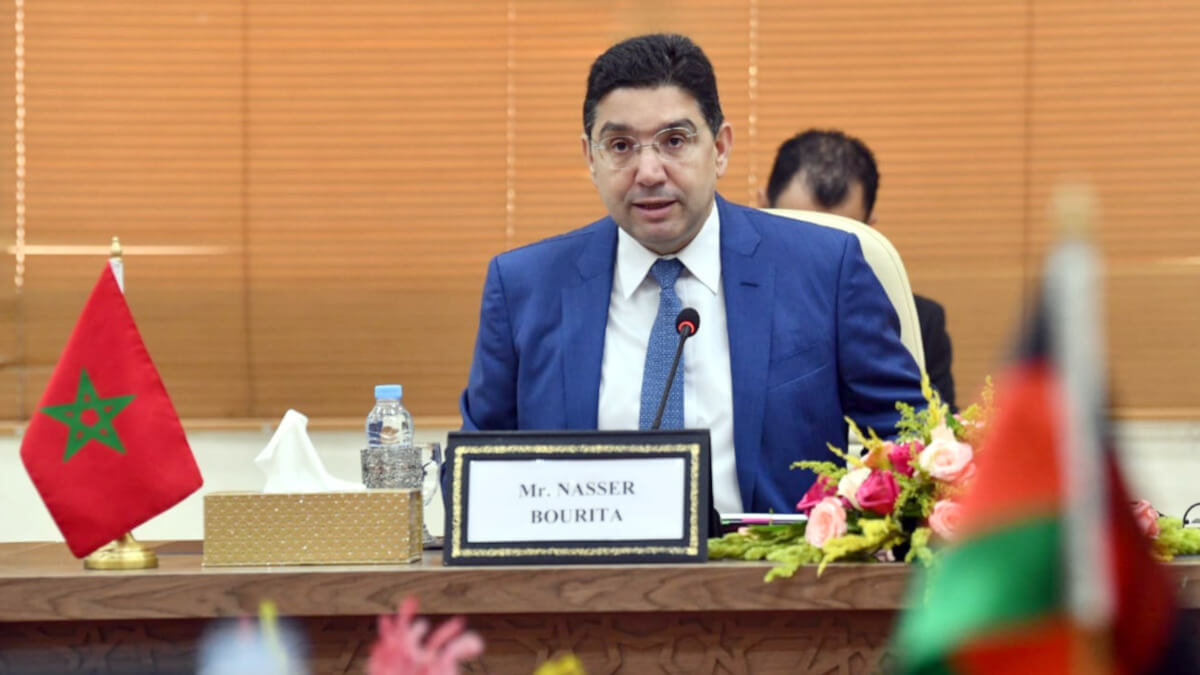
Bourita: the hard-working diplomat of the Foreign Service
Nasser Bourita is considered a pure product of the Foreign Service, where he honed his diplomatic skills and accumulated experience in the field of international relations and foreign affairs.
Bourita learned from the professionals of Moroccan formal diplomacy who excelled throughout the Kingdom's history, as well as from his permanent contact with the foreign diplomatic corps, on the one hand, and the Royal Cabinet, on the other.
A career diplomat, Nasser Bourita passed through all diplomatic levels before taking up, in 2017, the post of Minister of Foreign Affairs, African Cooperation and Moroccans Residing Abroad.
After having a distinguished professional career and assuming the following diplomatic posts, Bourita managed to win back the King's confidence in 2019 to continue defending the country's interests:
- The Central Service in Rabat.
- The Moroccan Embassy in Vienna.
- The Moroccan Embassy in Brussels.
- Head of the United Nations Main Bodies Service at the MFA.
- Head of the United Nations Division.
- Director of United Nations and International Organisations.
- Head of Cabinet of the Minister of Foreign Affairs.
- Ambassador, Director General of Multilateral Relations and Global Cooperation.
- Secretary General of the Ministry.
- Minister Delegate to the Minister of Foreign Affairs and International Cooperation.
The 50-year-old diplomat is known for translating King Mohammed VI's foreign policy into his actions and decisions. Throughout his career at the Ministry of Foreign Affairs, he has demonstrated the competence, aptitude and diplomatic talent that have made him the second archetype of Moroccan diplomacy.
This result did not come out of a vacuum, but is the fruit of the strong will, renewable energy and availability of a "hardworking" person who has accumulated expertise in directorates and embassies and continues to respect the tradition and customs of the diplomatic profession as it retains all the flexibility necessary to adapt to the complexity of the times.
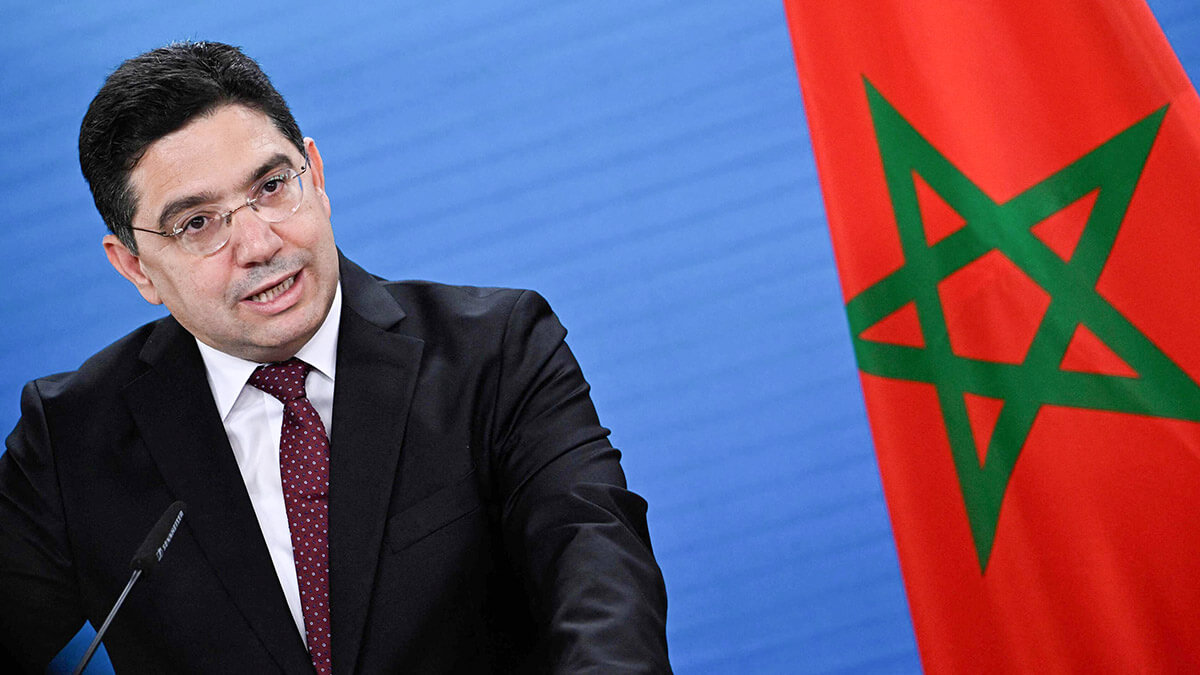
Diplomatic method by objectives based on real vision
The objective-based approach is the method that the present MFA proposed to adopt when he was Secretary General of the Ministry of Foreign Affairs, in order to work in a well thought-out, focused and organised manner, leaving nothing to chance.
In the framework of modern diplomacy, Nasser Bourita, the manager of a ministerial institution whose goal is to serve as a watchtower for the state's external action, opts for a management that is based on strategic planning to establish clear and measurable objectives that are part of the real short, medium and long-term vision.
The MFA's diplomatic action is mainly based on the strategic vision and orientations of the Alawite sovereign and the support and recommendations of the royal adviser and former Foreign Minister Tayeb Fasi Fihri, as well as the senior adviser to the Royal Cabinet, Fouad Ali El Himma.
Bourita, according to these instructions, usually evaluates the diplomatic work and measures the success of each of the measures and decisions taken when handling dossiers or settling issues, according to priority.
"Perseverance, thoroughness and balance" is the hallmark of a demanding boss who values the work of his team and has young people in his cabinet and more experienced profiles in the directorates.

The new generation of competence and meritocracy
With a long diplomatic career, Nasser Bourita was able to take up the post of Foreign Minister by being the right man in the right place. Bourita, the public face of the new Moroccan diplomacy initiated by King Mohammed VI, sealed the era of competence and meritocracy in the country's diplomatic market.
His achievements and performance over the last few years made him a Moroccan public figure worthy of national pride following Morocco's return to the African Union, the American, Israeli, Spanish and French recognition of Morocco's sovereignty over the Sahara and the opening of a series of consulates in the southern territories.
Born in 1969 in Taunat, Nasser Bourita is the third child in a family of five children. He grew up in the working class neighbourhood of Yaacoub El Mansour and went to public school for his primary and secondary education.
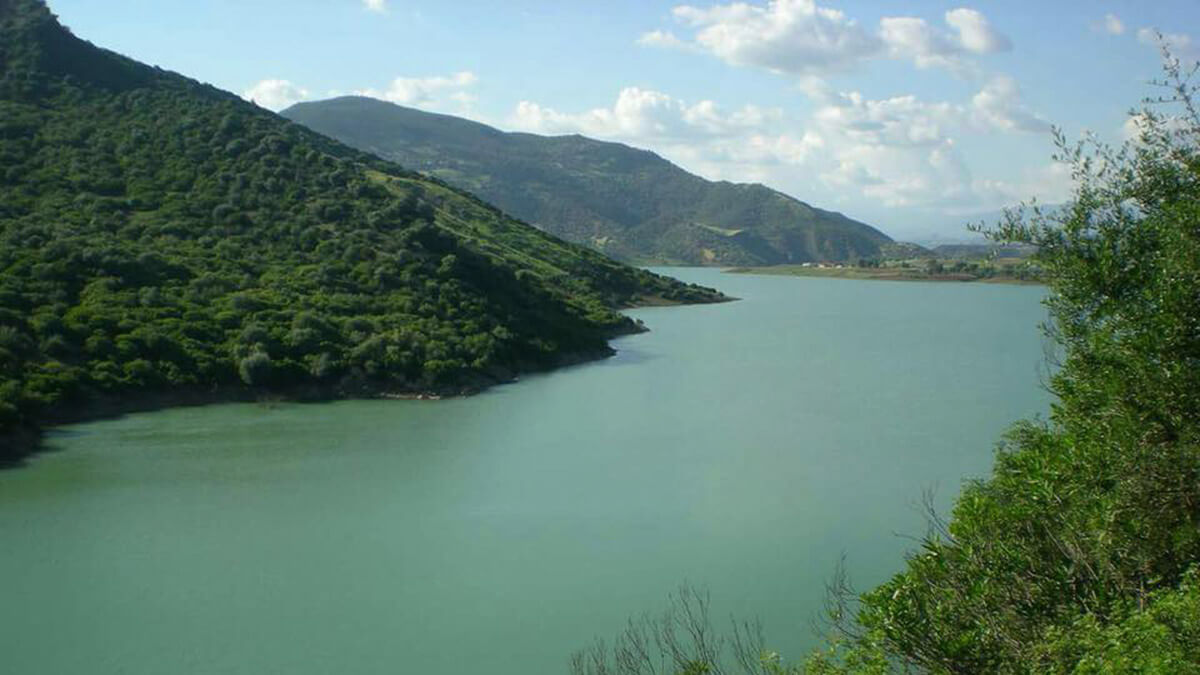
After obtaining his law degree in 1991 from the Faculty of Legal, Economic and Social Sciences in Rabat, the young Nasser successfully passed the competitive examination to enter the Ministry of Foreign Affairs. During his year of training at the Moroccan Academy of Diplomatic Studies, he was at the top of his class and travelled to New York for an internship at the United Nations in the summer of 1993.
With a down-to-earth approach, Bourita, Morocco's most important diplomatic figure, ensures the implementation of the new real strategic vision in foreign policy and the smooth running of one of the state's most active apparatuses.
Bourita's daily work includes dealing correctly with the needs and dossiers, according to the priority of each of the tasks assigned, and knowing how to react quickly to requests for instructions from embassies and directorates. It is a mission in which there is no room for error and which is carried out successfully thanks to 90% perspiration and 10% inspiration.
Bourita is a great fan of literature, philosophy and history, as well as being a regular reader of articles on everything from politics and management to various reports and current affairs. The Moroccan diplomat speaks four languages (Arabic, French, Spanish and English) and learns German at home with his wife, who has a degree in German philology.
Bourita's cumulative achievements since his appointment
Changing the international community's stance on the Sahara issue and the acceptance of the autonomy plan suggested by Morocco as an efficient and definitive solution to the conflict was one of the major challenges Bourita faced since his appointment in 2017 as MFA of the Alawi kingdom.
Nasser Bourita focused on this key point of Moroccan foreign policy, consolidating Morocco's position on the international stage and its presence as a leader in terms of economics (banking, telecommunications, OCP), politics (stabilisation of the Sahel and West Africa's access to the Atlantic), religion (moderate Islam), education (scholarships), humanitarian aid and the fight against terrorism on the African continent.
The Minister of Foreign Affairs, African Cooperation and Moroccans Residing Abroad has made great strides in this national mission during his career, demonstrating good management and control of the diplomatic apparatus:
- 2017: Morocco's return to the African Union; after leaving it in 1984 in reaction to the Sahrawi Arab Democratic Republic's (SADR) accession to the organisation.
- 2017: Morocco's accession to China's Belt and Road initiative and the signing of the bilateral plan for its implementation in 2022.
- 2018: the severance of diplomatic relations between Morocco and Iran over Hezbollah's support for the Polisario Front.
- 2019: the signing of the Euro-Moroccan shared prosperity partnership for the protection of the environment and the fight against climate change and balanced cooperation on mobility and migration. An agreement that was consolidated in 2022 with the Green Partnership for the preservation of biodiversity as well.
- In 2020, President Donald Trump declared his recognition of Morocco's sovereignty over Western Sahara.
- Since 2020, several consulates general have been opened in Morocco's southern provinces, with 20 African, Arab and American countries, including the US, in the cities of Laayoune and Dakhla.
- 2020: the normalisation of relations between Morocco and Israel in the framework of the Abraham Accords. However, the North African country never renounced its support for the people of Gaza as a staunch defender of the Palestinian cause, condemning Israeli actions against civilians in the Strip.
- 2021: Algeria severed diplomatic relations with Morocco, which is still seeking to improve these ties with its eastern neighbour.
- 2022: Meeting of the International Coalition against Daesh, organised in Marrakech in coordination with the US, which highlights the country's participation in the international fight against terrorism.
- 2022: Morocco renewed its bilateral relations with Spain, which had recognised the Moroccan autonomy initiative, presented in 2007, as the most serious, realistic and credible solution to the Sahara dispute.
- 2023: the signing of economic agreements with the United Arab Emirates on transport, infrastructure and recovery from the Al Haouz earthquake reflects Morocco's excellent relations with the countries of the Gulf Cooperation Council.
- 2024: Morocco takes over the presidency of the Rabat Process on migration with a King considered by the African Union to be the thematic leader in terms of migration.
- 2024: France backs Morocco's autonomy plan to resolve the Sahara dispute.
- Finland considers Morocco's autonomy plan a good basis for a definitive solution to the regional dispute over the Sahara.

